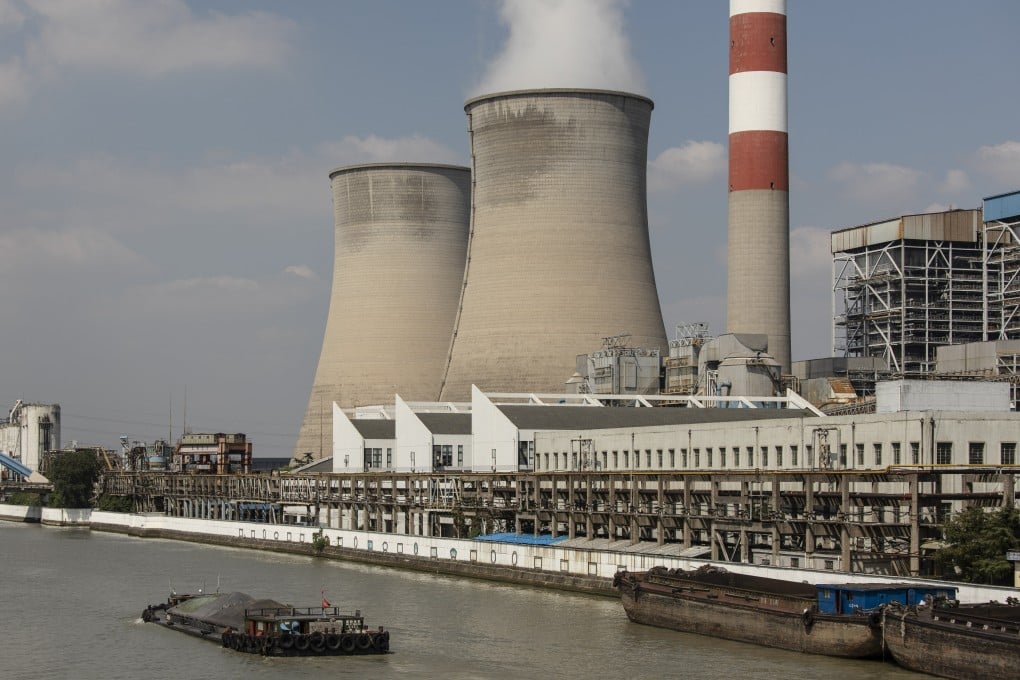China’s pledge to stop building overseas coal plants leaves Asian countries with more questions than answers
- President Xi Jinping’s pledge for China to stop funding overseas coal plants has cast doubt on the fate of nearly 70 coal-fired plants from Indonesia to Vietnam
- But while coal-reliant Southeast and South Asian countries grapple with how to meet growing energy demands, China’s move is a further nudge towards greener sources

According to data collected by This Week In Asia, nearly 70 coal-fired power plants across Southeast and South Asia that were in the planning stages are now at risk of being cancelled. Analysts say China’s moratorium will also effectively leave those regions without any new coal power plants, with the exception of India.
Compared to the rest of the world, the Asian region is generally still heavily reliant on coal, with the cheap but highly-pollutive fuel making up about 50 per cent of its energy mix.
In Southeast Asia, oil forms the largest element in the energy mix while coal has been the fastest growing, underpinning economic growth but also driving up emissions and affecting public health, according to the International Energy Agency’s 2019 report.
“The announcement is clearly a significant moment. With South Korea and Japan having shifted away from overseas coal finance, China was the last major public financier still considering coal projects in developing nations,” said Simon Nicholas, an analyst with the US-based Institute for Energy Economics and Financial Analysis (IEEFA).
“This promise brings forward the end of coal power development in such nations. The countries that were previously considering coal-fired power will see wind and solar ambitions increase. This process has already begun.”